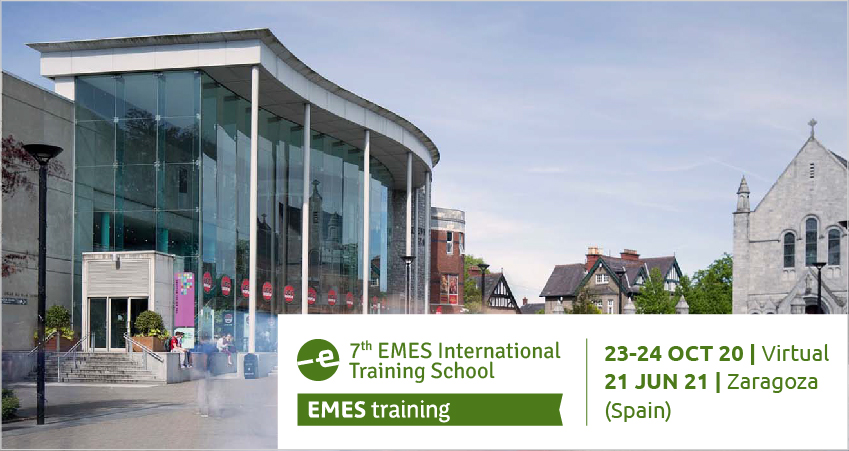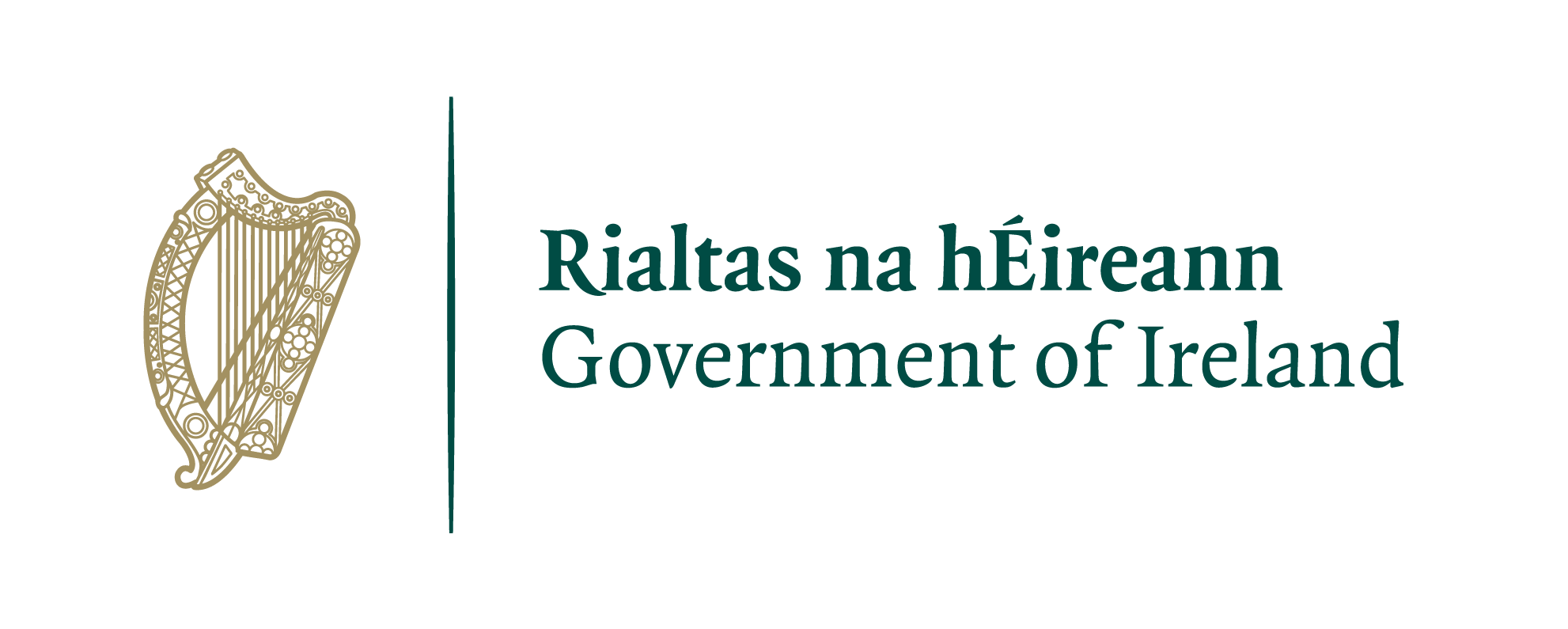Researching the collaborative dimension of social enterprise
23-24 October 2020 (virtual)
21 June 2021 (Zaragoza, Spain)
Rationale
Rationale
After five successful editions of the EMES PhD Summer Schools, at University of Corsica (France) in 2008; Roskilde University (Denmark) in 2010; the University of Trento (Italy) in 2012; the West University of Timișoara (Romania) in 2014; the Glasgow Caledonian University, in partnership with the Yunus Centre for Social Business and Health (GCU-YC) in Glasgow (UK) in 2016, the launch of the Empower-SE COST Action enabled the 6th edition to take the form of a co-organised COST training school jointly run by LEST, the CNRS and the University of Aix-Marseille in 2018. Some 200 students and 100 researchers from over 37 countries have participated in these unique learning events.
The 7th edition was to be held at University College Cork from 29th June to 2nd July 2020 but the outburst of the Covid-19 pandemic changed our plans, forcing us to reinvent the format so as to meet the needs and expectations of our PhDs and early career investigators (ECI).
During the lockdown of spring 2020, the Board of Directors and Coordination Unit of EMES have been working on designing a learning experience that matches the quality of previous schools. In this context, we will be presenting the next edition of the EMES training school based on a blended learning model. The idea is to combine work done individually, in smaller groups and in plenary sessions across two moments: two afternoons virtually on 23-24 October 2020 and half a day presentially next 21 June 2021 in Zaragoza (Spain).
PhDs constitute a central part of EMES as shown by the special membership category for PhD students and the seat reserved for PhD students in the EMES Board of Directors. Moreover, work continues to be conducted jointly resulting in outputs like: the publication of a PhD Reader; the launching of an EMES PhD Student Network in 2008 and the EMES Alumni Network in 2015; the creation of the dedicated EMES Junior Experts Blog (EJEB) in 2011; and the creation of an active Facebook group.
Social enterprises, often characterised by strong local involvement with an ability to combine different goals and resources, are increasingly viewed as an expression of collective social entrepreneurship with the capacity to contribute to sustainable regional and rural development.
In this context, the Empower-SE COST Action, EMES and CUBS, UCC jointly organise the 7th EMES Training School aimed at researchers and PhD students who conduct research in the wide “SE fields” and wish to strengthen their theoretical and methodological background. SE fields refer to social enterprise, social entrepreneurship, social economy and solidarity economy as well as social innovation.
With this event, Empower-SE, EMES and UCC aim to:
- Emphasize the research design, epistemology and methodology involved in any research project, specifically in a doctoral path.
- Strengthen the interdisciplinary dialogue in the fields of social entrepreneurship and social enterprise, social economy, regional and rural development.
- Strengthen the training of PhD students by means of methodological and theoretical lectures, debates, and professional and social media workshops.
- Provide personalised feedback and support via well-supported small group discussion sessions on participants’ research projects, their research questions, approaches and theoretical understandings; more precisely, in addition to various opportunities of informal discussion, at least a full hour will be devoted to every student’s research project within group sessions (for presentation by the student, feed-back by professors and their peers, discussion and synthesis of recommendations).
- Provide space for social and intellectual discussion so that doctoral students will have ample opportunity to establish and expand their own peer networks and benefit from contacts and feedback from established scholars;
- Encourage a broad and diverse range of participants, since exchanges between researchers from different countries, continents, cultures and academic disciplines can support stimulating and fertile reflections on research approaches.
PhD students coming from different disciplinary backgrounds (such as sociology, management, economics, political sciences, law, anthropology, geography, and so on) whose research projects are connected to this field are welcome to apply for this training school.










